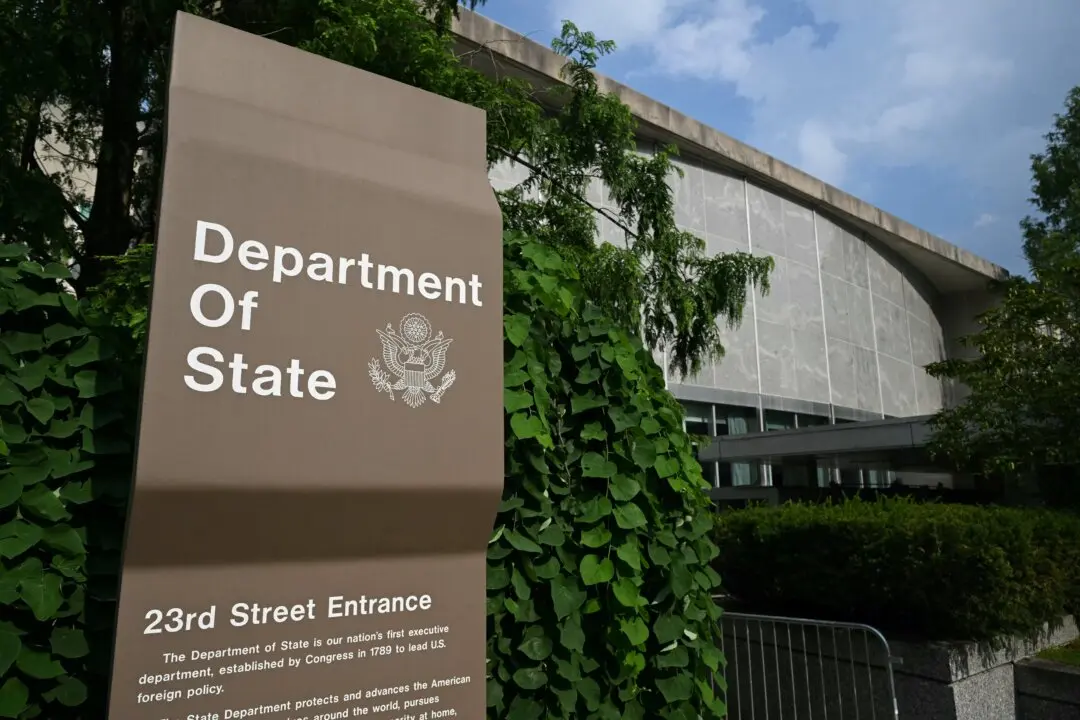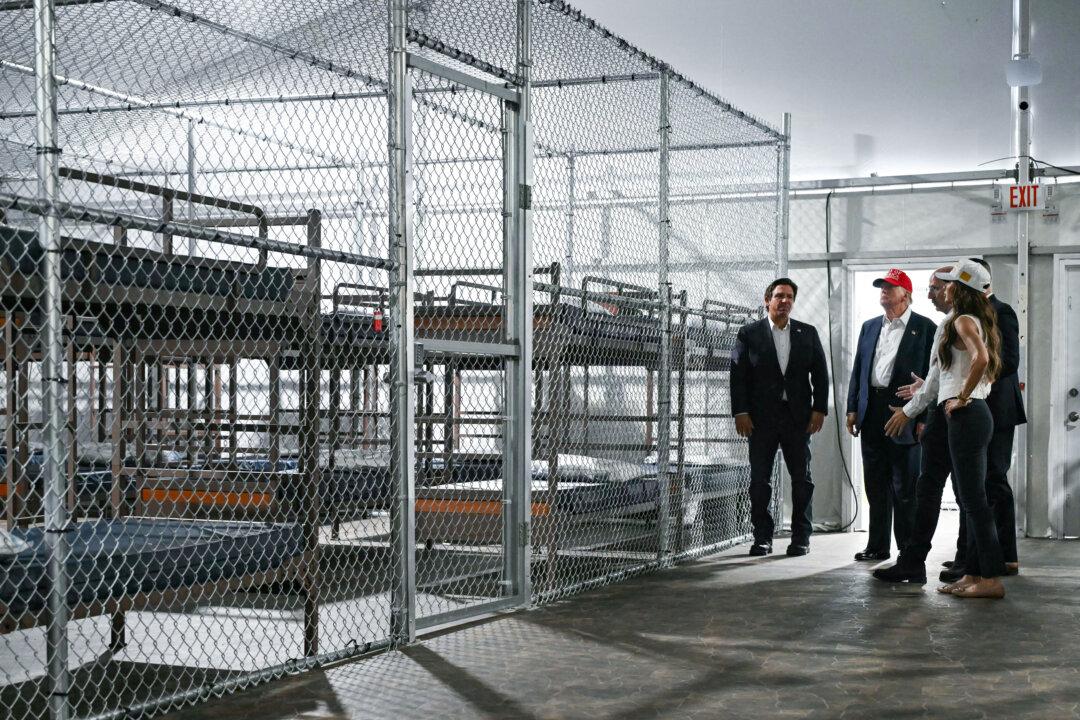A group of Californians is organizing to collect 1 million signatures to qualify in the 2026 election for a statewide constitutional amendment to pass an initiative to require voters to present identification documents in elections in the state.
The coalition includes elected officials at the local, state, and federal levels, as well as campaign committees.





